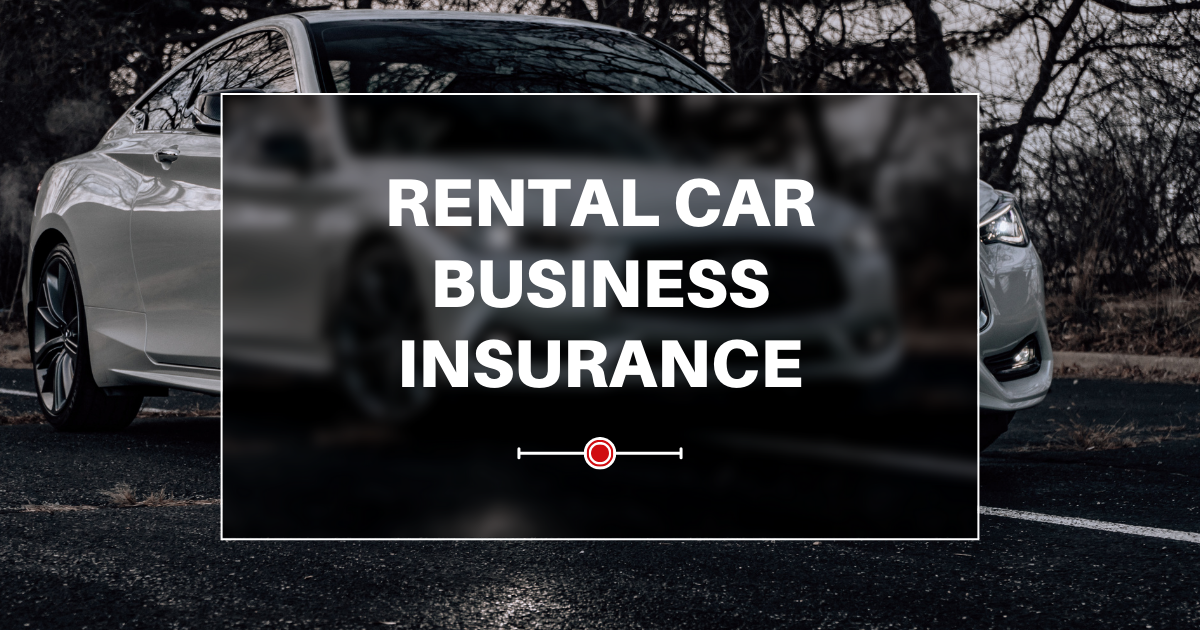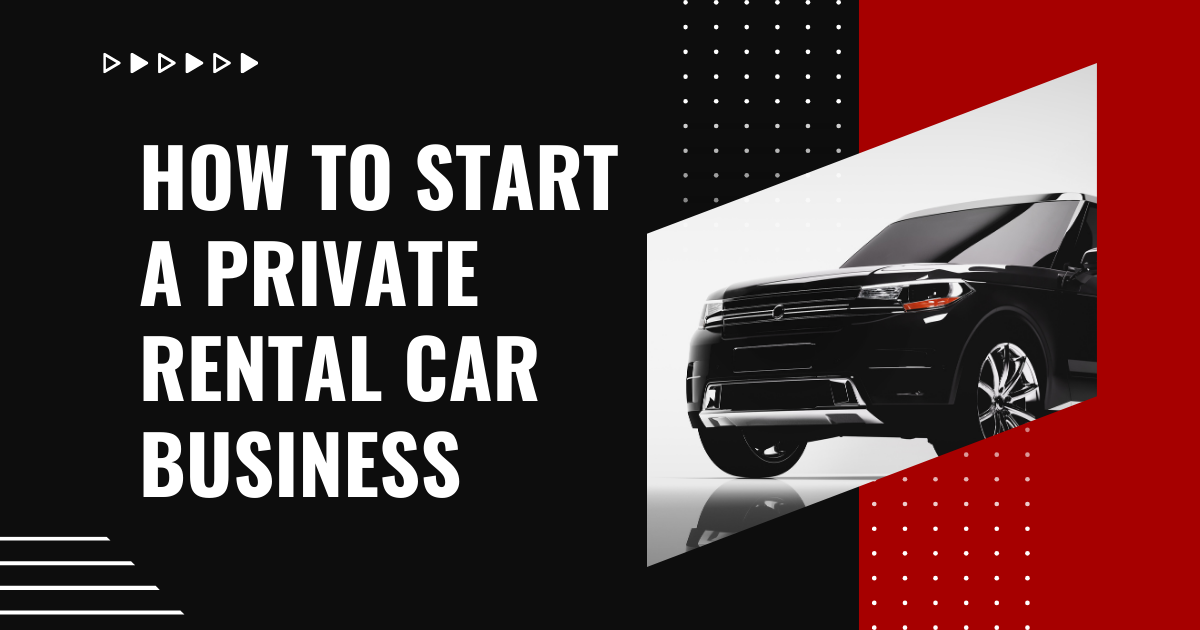Introduction
Starting a rental car business can be a rewarding endeavor, offering flexibility and potential for significant revenue. However, it also involves substantial risks, including accidents, theft, and damage to vehicles. This is where rental car business insurance comes into play. Rental car business insurance is a specialized form of insurance designed to protect your business from financial loss due to various risks associated with renting out vehicles.
The importance of rental car business insurance cannot be overstated. It not only provides financial protection but also ensures compliance with legal requirements, helping you avoid costly penalties and lawsuits. This guide will walk you through the different types of coverage available, how to choose the right policy, the cost of insurance, the claims process, and effective risk management strategies.
II. Types of Rental Car Business Insurance
Liability Insurance
Liability insurance is a fundamental component of rental car business insurance, covering the costs associated with injuries or damages caused by your rental vehicles.
Bodily Injury Liability: This coverage pays for medical expenses, lost wages, and legal fees if a driver of your rental vehicle is at fault in an accident that causes injury to others.
Property Damage Liability: This coverage pays for repairs or replacement of property damaged by your rental vehicle, such as other vehicles, buildings, or structures.
Physical Damage Insurance
Physical damage insurance covers the cost of repairing or replacing your rental vehicles if they are damaged or destroyed.
Collision Coverage: This pays for damages to your rental vehicles resulting from a collision with another vehicle or object.
Comprehensive Coverage: This covers damages to your rental vehicles from non-collision incidents, such as theft, vandalism, fire, or natural disasters.
Personal Accident Insurance
This coverage provides medical benefits to drivers and passengers in your rental vehicles in the event of an accident.
Personal Effects Coverage
This insurance covers personal belongings of the driver and passengers that are stolen from or damaged in the rental vehicle.
Uninsured/Underinsured Motorist Coverage
This coverage protects you if your rental vehicle is involved in an accident with a driver who has insufficient or no insurance.
Loss of Use Coverage
This covers the income lost while your rental vehicle is being repaired after an accident.
III. Legal Requirements
State and Federal Regulations
Insurance requirements for rental car businesses vary by state and federal regulations. It’s essential to understand and comply with these laws to avoid penalties and ensure adequate protection.
Minimum Insurance Requirements
Most states mandate minimum levels of liability insurance for rental car businesses. Ensure you meet or exceed these requirements to protect your business.
Compliance and Penalties
Non-compliance with insurance regulations can result in hefty fines, legal action, and suspension of your rental car business operations.
IV. Coverage Details
Liability Insurance Coverage
Liability insurance provides coverage for bodily injury and property damage caused by your rental vehicles. It includes legal defense costs if you are sued.
Physical Damage Insurance Coverage
Physical damage insurance covers repair or replacement costs for your rental vehicles due to collision or comprehensive events.
Additional Coverage Options
Additional coverage options, such as personal accident insurance and personal effects coverage, offer extra protection for your customers and their belongings.
Policy Limits and Deductibles
Policy limits specify the maximum amount your insurance will pay per incident, while deductibles are the out-of-pocket costs you must pay before coverage kicks in. Understanding these terms is crucial for choosing the right policy.
V. Choosing the Right Insurance Policy
Assessing Business Needs
Evaluate your business operations, the types of vehicles you rent, and your clientele to determine your insurance needs.
Comparing Insurance Providers
Research and compare multiple insurance providers to find the best coverage options and pricing.
Evaluating Policy Options
Consider the scope of coverage, policy limits, deductibles, and additional benefits when selecting a policy.
Understanding Policy Terms and Conditions
Thoroughly read and understand the terms and conditions of your insurance policy to ensure you know what is covered and what is excluded.
VI. Cost of Rental Car Business Insurance
Factors Affecting Insurance Premiums
Several factors influence the cost of rental car business insurance, including the types of vehicles, location, driving history, and coverage limits.
Average Cost Estimates
While costs vary, the average rental car business insurance policy ranges from $5,000 to $10,000 annually, depending on coverage and business specifics.
Tips for Reducing Insurance Costs
Implementing safety measures, maintaining good driving records, and bundling policies can help reduce insurance premiums.
VII. Claims Process
Filing a Claim
Promptly report incidents to your insurance provider, providing all necessary documentation and information.
Claim Investigation
The insurance company will investigate the claim, which may involve inspecting the damaged vehicle, reviewing police reports, and speaking with involved parties.
Settlement Process
Once the investigation is complete, the insurance provider will determine the settlement amount and process the payment.
Dispute Resolution
If you disagree with the settlement, you can negotiate or seek mediation to resolve the dispute.
VIII. Risk Management Strategies

Implementing Safety Measures
Install safety features in your vehicles, such as GPS tracking, dash cams, and anti-theft devices, to reduce risk.
Employee Training Programs
Train employees on safe driving practices, proper vehicle maintenance, and customer service to minimize accidents and damages.
Regular Vehicle Maintenance
Routine maintenance ensures your rental vehicles are in optimal condition, reducing the likelihood of breakdowns and accidents.
Customer Screening Procedures
Implement screening procedures to verify customers’ driving history and eligibility, ensuring they are responsible drivers.
IX. Case Studies
Success Stories
Explore success stories of rental car businesses that have effectively managed risks and maintained comprehensive insurance coverage.
Lessons Learned from Insurance Claims
Learn from real-life insurance claims to understand common pitfalls and best practices.
Real-Life Examples of Risk Management
Examine how other rental car businesses implement risk management strategies to protect their assets.
X. Expert Insights
Interviews with Insurance Professionals
Gain insights from insurance professionals on best practices and trends in the rental car business insurance industry.
Industry Trends and Predictions
Stay informed about emerging trends and predictions that could impact your rental car business.
Best Practices for Rental Car Businesses
Adopt best practices from industry experts to optimize your insurance coverage and risk management strategies.
XI. Conclusion
Summary of Key Points
Rental car business insurance is essential for protecting your business from financial losses due to accidents, theft, and other risks.
Final Thoughts on Rental Car Business Insurance
Investing in comprehensive insurance coverage and implementing effective risk management strategies can safeguard your business and ensure long-term success.
Call to Action for Further Education
Continue educating yourself about rental car business insurance and stay updated on industry trends to make informed decisions.
XII. FAQs
What is rental car business insurance?
Rental car business insurance is specialized coverage designed to protect rental car businesses from financial losses due to various risks associated with renting out vehicles.
Why is it important to have rental car business insurance?
Rental car business insurance is crucial for protecting your business from financial losses, ensuring compliance with legal requirements, and providing peace of mind.
What types of insurance coverage are available for rental car businesses?
There are several types of coverage available, including liability insurance, physical damage insurance, personal accident insurance, personal effects coverage, uninsured/underinsured motorist coverage.
